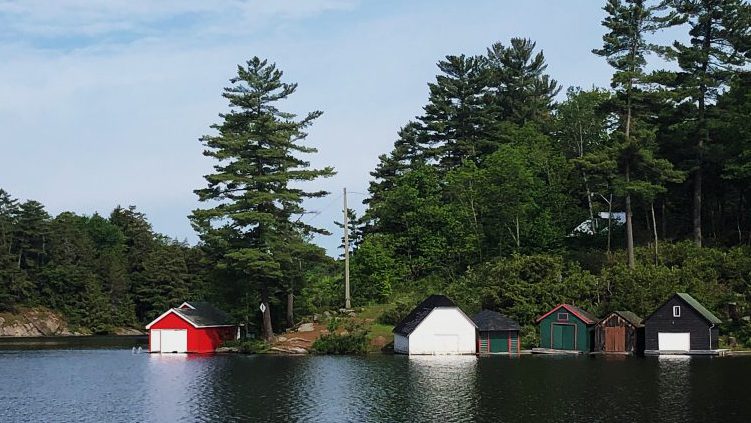MUSKOKA, ON – It isn’t a matter of “if” anymore, but when seasonal customers of Hydro One will see a spike in their bills.
The company issued an exclusive statement to the MyMuskokaNow.com newsroom in response to a previous story about eliminating the Seasonal Class. It implied the Ontario Energy Board (OEB) is forcing the company’s hand to reclassify residents which could have some customers facing bill increases of up to 175 per cent.
Hydro One added the OEB first directed it to develop a plan to get rid of the class back in 2015.
“Hydro One has advocated on behalf of its customers on how the elimination of this rate class would have a negative effect on more than half of our seasonal customers,” the statement said. “By eliminating the seasonal rate class, approximately 54 per cent of our seasonal customers could see a significant increase in their bills.”
Hydro One will be submitting an updated report to the OEB in the next week or so which suggests another option for seasonal customers. The report will reflect the 2018 to 2022 distribution rates. It will also take into consideration the company’s current transition to an all-fixed rate, which it said was also directed by the OEB.
“It is important to note that Hydro One cannot proceed with any changes, including the elimination of the seasonal class, without an OEB order,” said the company, in their statement.
The company expects seasonal customers to have their voices heard during a review of the updated report.
“We encourage customers to participate in any opportunities to provide the OEB with feedback on this initiative,” Hydro One said. “We are committed to keeping our seasonal customers informed on this decision.”
The MyMuskokaNow.com newsroom was able to get a comment from the OEB about forcing Hydro One to eliminate the Seasonal Class.
The board said it is committed to setting just and reasonable rates for all customers. The OEB determined that the Seasonal Class should be eliminated after a hearing on an earlier application by Hydro One to set its distribution rates.
“The OEB’s view was that customers in the Seasonal Class are, in terms of cost causality, sufficiently similar to their neighbours in the residential classes so that a separate seasonal class does not need to be retained,” The OEB said in its statement.
Those who get switched to the R1 Class, or high-density user, will actually get a break of about $7 to $9 dollars a month. High-density customers are those who live in highly populated areas which makes it cheaper for Hydro One to service them.
However, the roughly 84,000 cottagers who get bumped to the R2 Class, or low-density users, will see their electricity bills increase about $1,000 more a year.
The OEB added a key principle is cost causality when it sets rates different classes of customers pay. The board looked at costs to serve different classes of customers based on the number of assets needed to serve them.
Those assets include meters, connections to the nearest distribution pole, the poles and wires.
According to the OEB, Hydro One has four residential rate classes, including seasonal. The board claimed it is because the customer base for Hydro One varies by density and urban versus rural location.
“Hydro One has developed the technical capability to implement and maintain density-based rates for its non-seasonal residential classes,” the OEB said. “These classes are defined by their geographic location in relation to the amount of distribution system assets that are required to serve each customer.”
The board considered asset use a big factor in establishing residential rate classes. The OEB believed the seasonal grade should be eliminated for rate-setting purposes and current customers would be reclassified according to their density.
The Vulnerable Energy Consumers Coalition made a proposal to the OEB to compare the load profiles of Seasonal Class customers and residential classes at various usage levels to determine if they are similar.
The idea was to potentially combine them into one or more classes.
“Given the significance and predominance of the density cost causality characteristic, the OEB is not convinced that the load characteristics of seasonal customers are sufficiently different from their neighbours in the residential classes to justify the continuation of the seasonal class,” the OEB said, in their statement.
The OEB recognized that the elimination of the Seasonal Class will cause rate impacts. It also understood that Hydro One will have to propose a phase-in period for customers expected to experience a total bill impact of greater than 10 per cent.
OEB admitted that Hydro One is the only power company in the province it is asking to eliminate its Seasonal Class. Algoma Power and Veridian Rate Zone also have Seasonal Classes, which the OEB is not asking to eliminate.
The OEB said it is moving forward on the matter with a hearing. The board will determine the next steps once Hydro One files its updated report within the next couple of weeks.


